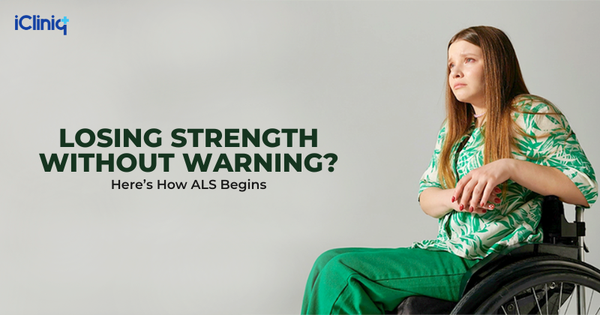Safeguarding the Pancreas: Exposing the Mystery of Cancer

Decoding the Pancreatic Menace
The pancreas, an inconspicuous hero, plays a vital role in digestion and blood sugar regulation. However, when the ominous "C" word comes into play, things take a dark turn.Pancreatic cancer is a sneaky adversary, often not showing symptoms until it reaches an advanced stage, making early detection challenging. Its insidious nature underscores the critical need for heightened awareness and preemptive interventions.
Understanding the Threat
Pancreatic cancer incidence peaks around age 45, with a slightly higher occurrence in males. Smoking emerges as a major culprit, contributing significantly to cases. Genetic factors, family history, and specific anomalies further elevate the risk. Identifying these variables becomes crucial for early detection and risk assessment.
Extinguishing the Risk
Quitting smoking isn't just a step; it's a leap toward slashing pancreatic cancer risk. Immediate perks include boosted oxygen levels, improved lung function, and a reduced risk of heart attack. Long-term benefits extend to a substantial reduction in cancer risk, enhanced cardiovascular health, and a cascade of positive impacts on overall well-being. Quitting smoking is an enduring investment in health, setting a powerful example for others.
Lifestyle as Armor
Elevate your defense against pancreatic cancer with strategic lifestyle choices. Prioritize balanced nutrition, flooding your system with antioxidants and fiber from fruits, vegetables, and whole grains. Shrink your exposure to carcinogens and inflammation by limiting red meat and processed foods. Moderate alcohol intake is key, with guidelines for heightened awareness. This holistic approach champions water, portion control, and personalized nutrition guidance for optimum pancreatic health.
Beyond the Surface
With the survival rates regrettably low and symptoms often nondescript, early detection is akin to locating a needle in the haystack. However, rays of hope emanate from the diligent efforts of researchers striving to comprehend this elusive ailment. Simultaneously, awareness campaigns have intensified their efforts. As our understanding deepens, our ability to address this malady with resilience also grows. Advances in diagnostic science offer the potential for a breakthrough in prompt intervention, thus improving the quality of life.
Pancreatic cancer may be formidable, but with awareness, prevention, and early detection, we can make significant strides. Individuals can take charge of their well-being through a healthy lifestyle, awareness of risk factors, and vigilance for potential symptoms. As research advances, the promise of improved early diagnosis and treatment options shines on the horizon. Education is our potent weapon in the fight against pancreatic cancer – wield it wisely.





